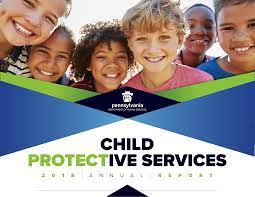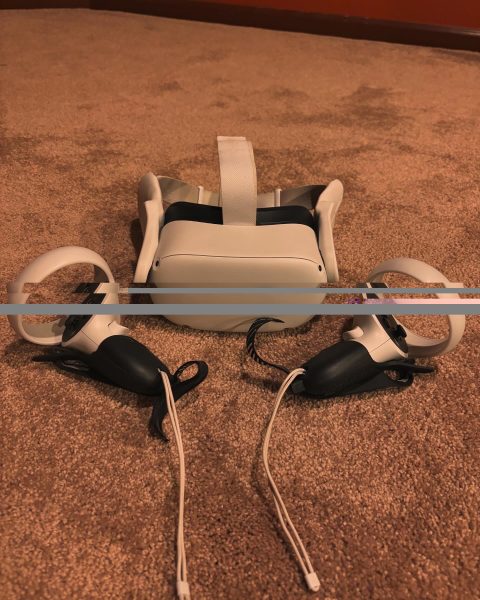Is CPS necessary, or do investigations go too far?
One of the most important questions a parent has to ask themselves is “how will I parent my children?” In a study conducted by the US National Library of Medicine, 66 percent of parents, use the authoritative parenting method, which incorporates a compromise mentality, with the parent having the final say. According to the same source, this is the most effective type of parenting long-term. Parents with good intentions try to do right by their children, but in some scenarios, a fail-safe needs to be in place; this is where Child Protective Services or CPS is used.
The Pennsylvania Department of Human Services’ “Keep Kids Safe” programs focus on keeping children in healthy, permanent homes. According to an article written by Brett Pritcher Law, CPS looks for signs of neglect and abuse by interviewing family members, researching medical history, and conducting a home search. In these home searches, social workers look for signs of drug or alcohol use, hygiene and safety issues, a lack of food or adequate shelter, among other symptoms of abuse or neglect. There are four possible outcomes in these investigations, Reason to Believe, Unable to Determine, Ruled Out, and Unable to Complete. Occasions, where there is Reason to Believe abuse or neglect occurred, qualify for increased CPS investigation and further action. Though it is a government organization, CPS does not have the ability to arrest individuals, so in these cases, the police department has jurisdiction.

When a child needs to be taken from a home, parents might receive criminal charges, but they do have the ability to earn their custody back through therapy, drug testing, and psychological evaluations, among other contingencies. According to Pennridge social worker Joe Warner, “Children are only taken out immediately if in immediate danger.” In cases where abuse and neglect are ruled out, or the investigation did not yield conclusive results, records are still kept. In these scenarios, whether a parent was harming their child or not makes no impact on the documentation that there was suspicion, which could lead to questions from neighbors or family members, or lead to conflict within the home. In other cases, where abuse did occur, but CPS missed it, children could be punished for the investigation and their claims could be invalidated. Junior Kiara Isabella agrees that CPS might go too far sometimes, but they are an important organization. “I think that they might go too far sometimes, not every situation is abusive, sometimes kids say things without thinking,” said Isabella. “I think they should focus more on instances of clear abuse.”
While CPS may have an unquestionable ability to enter into a family’s private business, an important point to note is that they are there to help the family as a whole. A parent might be worried about their reputation or even that they might lose their children, but in the end, the parent must understand that each child deserves to be in a safe and loving environment. Even well-intending parents who have provided this for their children should be grateful that their children do have another advocate. CPS investigations may be messy, but they are necessary and must be kept available for those who do need them.
https://www.dhs.pa.gov/KeepKidsSafe/Pages/default.aspx
https://www.brettpritchardlaw.com/blog/2021/march/what-happens-during-a-child-protective-services-/
Brenna Broadbent, Grade 11. Interests/hobbies include traveling, debate team, and spending time with family. Broadbent's interest in writing spurred from...




